Advertisements
Today, a lot of people live a sedentary lifestyle and fail to observe good eating habits. As a result, there are rising cases of irregular bowel movements. While there are many possible causes of constipation such as stress or other digestive issues, the biggest culprit is poor eating habits.
That said, there are a number of foods that go a long way in reducing constipation symptoms. These will to a great extent help with constipation but in case you’re experiencing chronic constipation, you should see a doctor.
Here are some healthy foods that will relieve constipation:
1.Peppermint
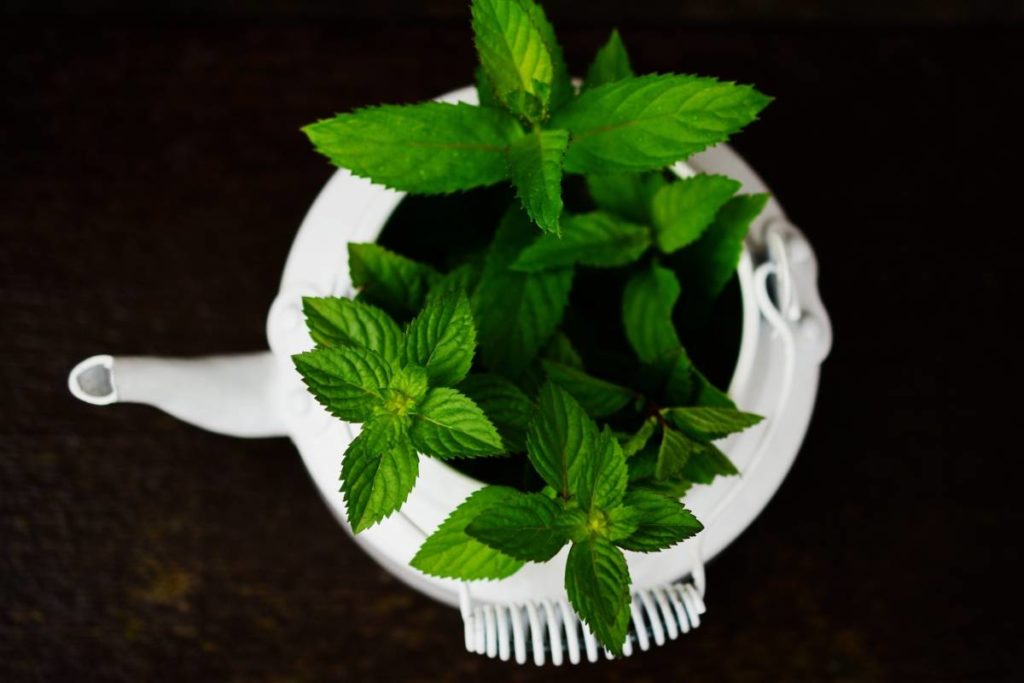
Peppermint is easily available since it grows in many parts of the world. It’s part of the genus Mentha. Peppermint oil is a product of the essential oils that are found in peppermint leaves and is known to be great at improving one’s digestive system issues. Peppermint oil contains a compound known as menthol that is useful in easing IBS symptoms such as stomach discomfort, bloating and issues with bowel movement. Peppermint oil has a relaxing effect on your digestive tract muscles which leads to improved digestion. It also helps your food move much faster through your digestive system.
2. Kimchi
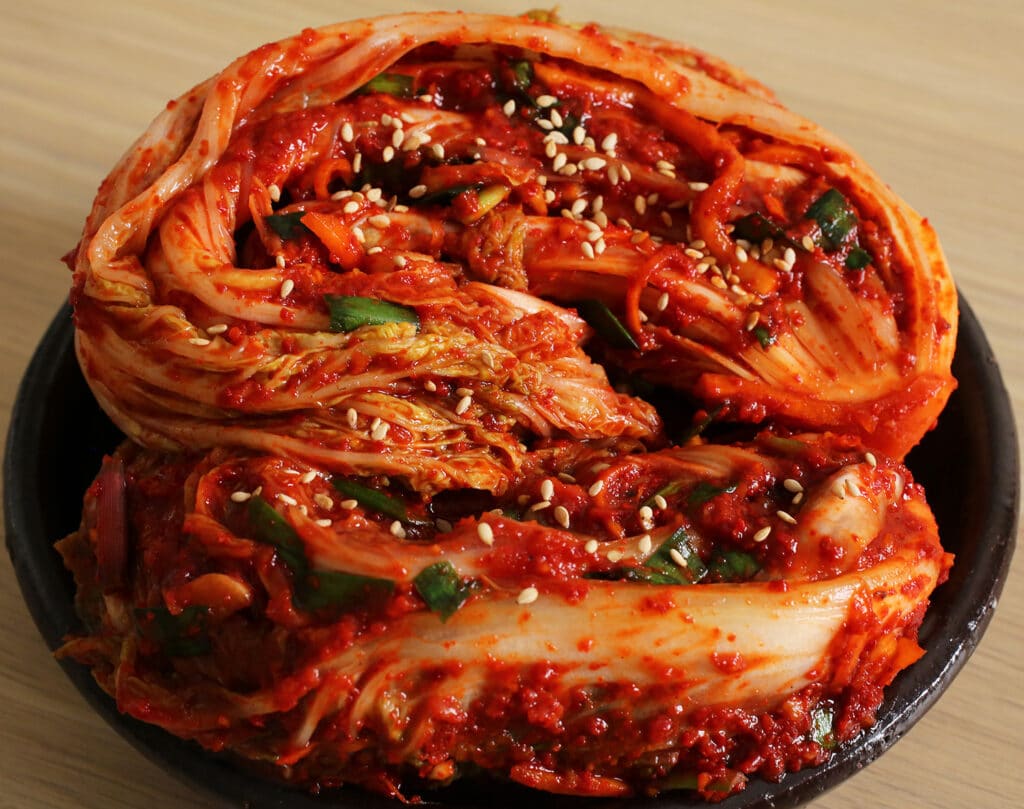
Kimchi is food made from fermented cabbage but it could also include other different fermented vegetables. It’s rich in probiotics that positively contributes to the digestion process and also promotes the growth of healthy bacteria in one’s colon. The longer it takes for kimchi to ferment the better the probiotic concentration. Kimchi is rich in fiber which means it’s helpful in adding bulk to one’s stool. It also makes your bowels healthier and improves digestion because of the probiotics and amount of fiber.
3. Ginger
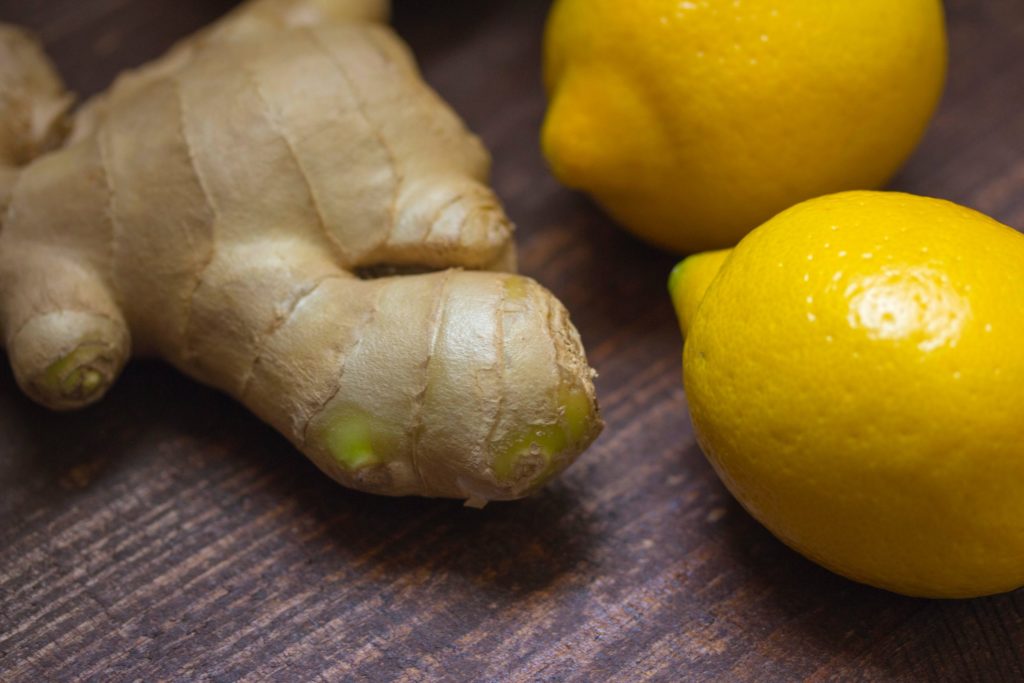
Ginger has for years been used as a traditional ingredient especially in Eastern medication. It has a number of benefits including improving digestion and preventing nausea. Ginger can also be used to treat pregnant women who have severe morning sickness. This food to a great extent speeds up the gastric emptying process. It reduces heartburn or any kind of stomach pains or discomfort since it moves food from the stomach to your small intestines much faster.
4. Miso
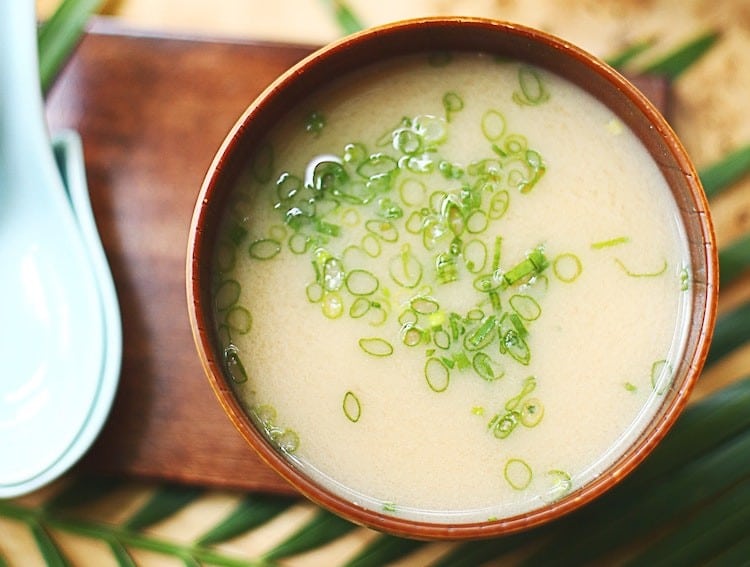
Miso is commonly eaten in miso soup and is made through fermenting soybeans with some koji and salt. Koji is a type of fungus. Miso is great for relieving constipation as it contains probiotics just like other different fermented foods. When you eat it, it increases the amount of good bacteria in your gut and reduces any issues that may arise during digestion. Miso also heals issues with your intestines such as diarrhea.
5. Beets
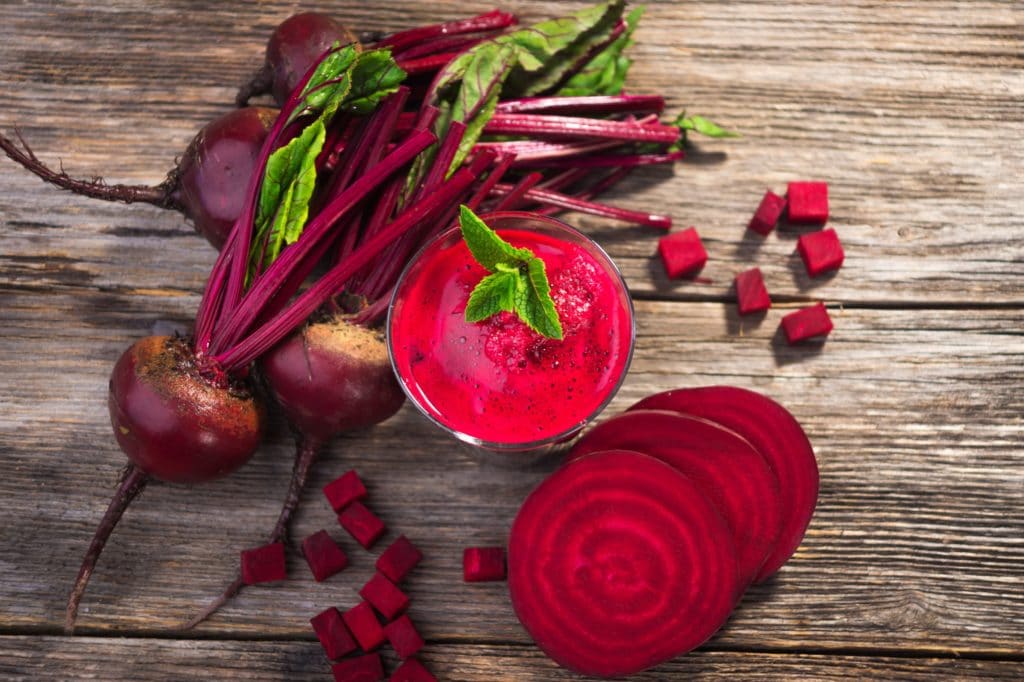
Beets, commonly known as beetroot is one of the best sources of fiber around. Just a cup of beetroot has about 136g has 3.4g of fiber. Fiber is known to bypass the digestion process and directly heads to the colon. Once there, it feeds your gut with healthy bacteria and adds some bulk to your stool subsequently improving your digestion. There are many different ways of eating beetroot, for example, you could roast them, mix them in a salad, eat the beets pickled or just blend the beets into a smoothie.
6. Tempeh
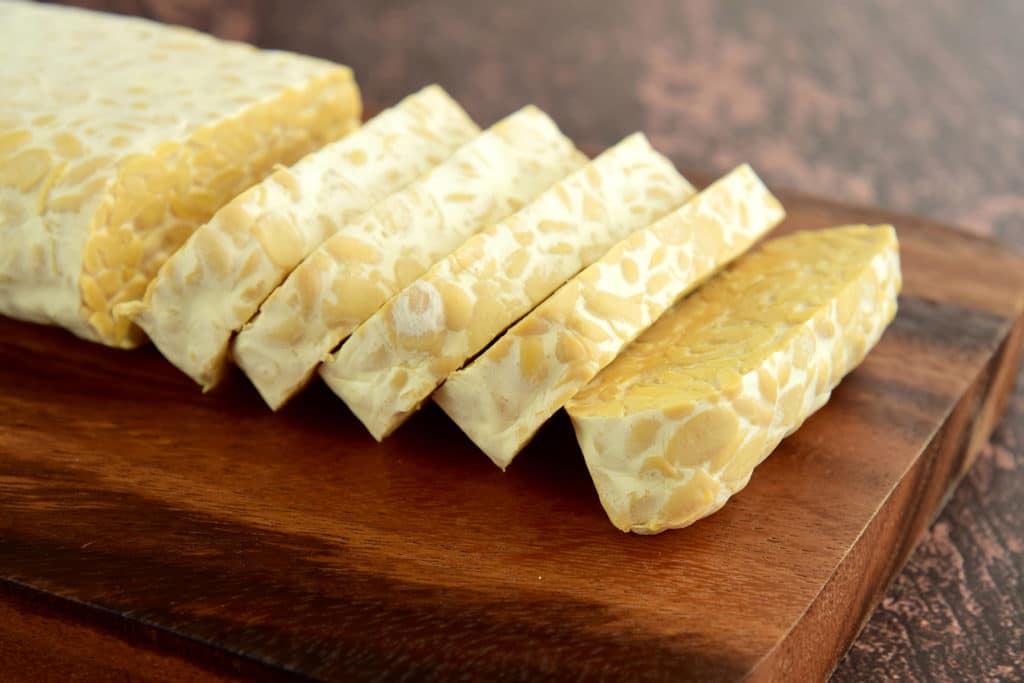
Tempeh is made through a process of fermenting soybeans. This fermenting helps in breaking down sugars through yeast and bacteria. During the process of fermenting the soybeans, phytic acid which is an antinutrient is broken down. This phytic acid in some cases interferes with the absorption of some nutrients. When it's broken down digestion is improved and so is the absorption of these nutrients. Tempeh is also rich in probiotics which are known to create a lining that protects the intestines from any harmful bacteria.
According to studies, probiotics help in alleviating symptoms of IBS and diarrhea, they help reduce bloating and in improving regularity.
7. Papaya
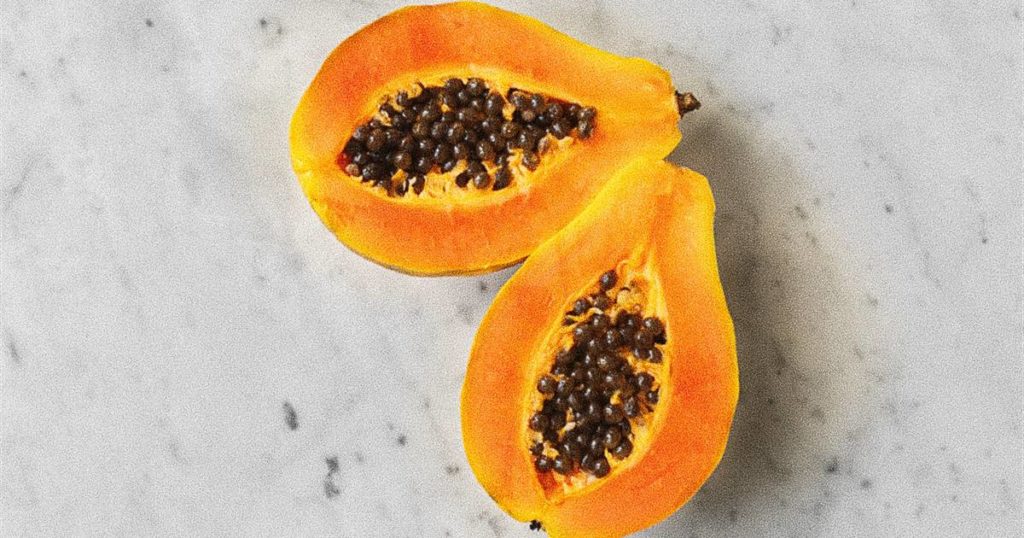
Papaya is a tropical fruit, luscious and also delicious. It contains papain which is an enzyme that assists in digestion. It digests protein fibers. Papain enzyme is helpful to people who have irritable bowel syndrome (IBS) which includes issues such as constipation and bloating. Papain is mostly used as the main enzyme in a number of supplements manufactured for digestive purposes because of its gastrointestinal capacities.
8. Kombucha
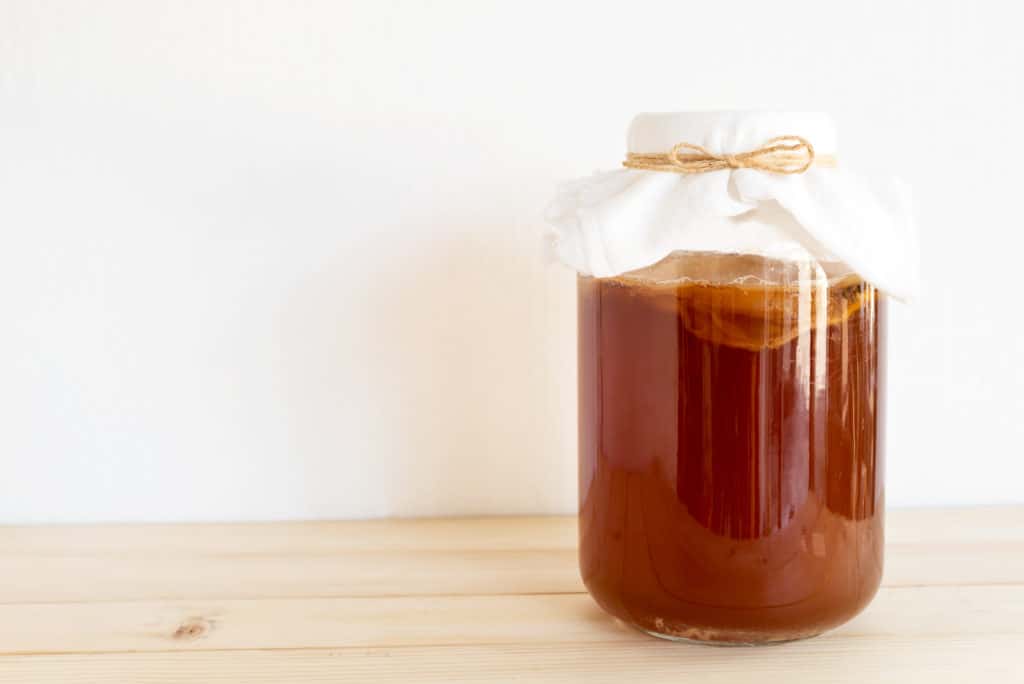
Kombucha refers to fermented tea that’s made when certain bacteria strains, yeast and sugar are added to green tea. Fermenting then takes place for about a week and in some cases it takes even more time. During this process, probiotic bacteria that’s known to improve digestion is produced. According to a study conducted in mice, kombucha can actually heal stomach ulcers.
9. Chia seeds
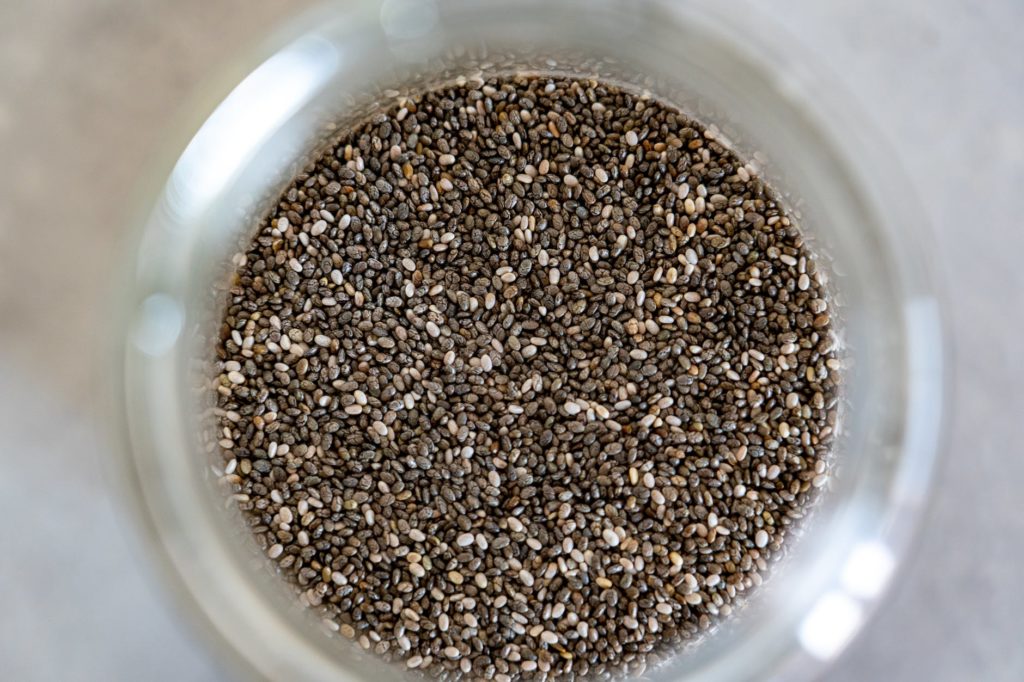
Chia seeds are rich in fiber which makes them form a substance that resembles gelatin inside your stomach the moment you eat the seeds. They promote the development of healthy bacteria inside your gut and contribute to healthy digestion. The fiber in chia seeds also helps in making your bowels more regular and your stool healthier.
10. Fennel
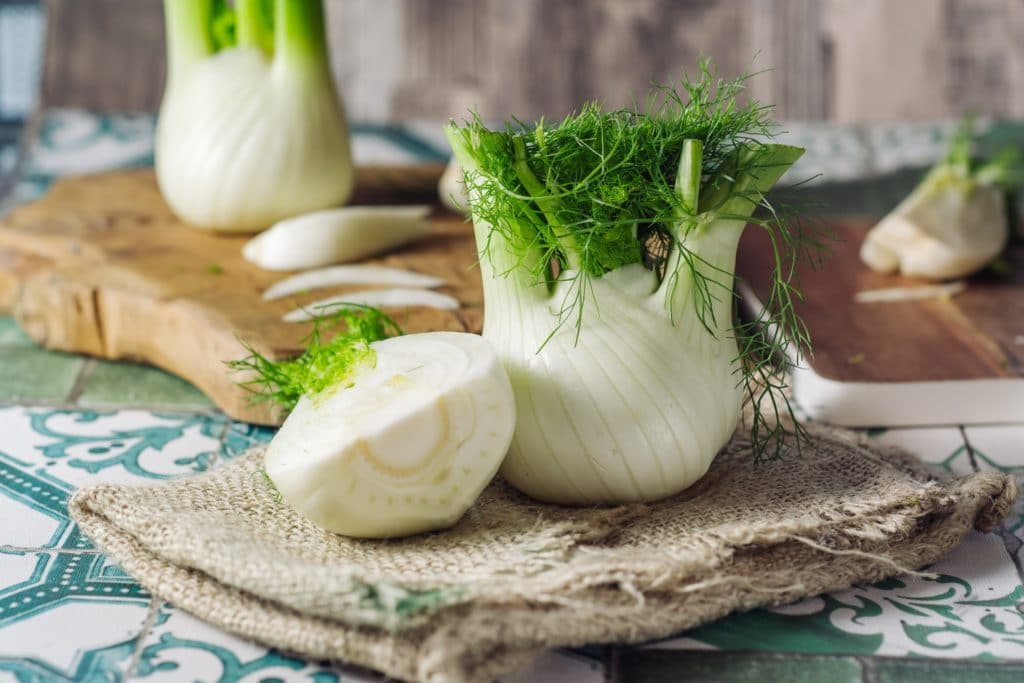
Fennel is one of the plants used to add flavor to food. It has long stalks green in color and a pale bulb. Thanks to the fact that it's rich in fiber, fennel greatly prevents constipation and makes your digestive tract more regular. Fennel also has an antispasmodic agent useful in smoothening and relaxing the muscles found in the digestive tract. This reduces bloating, cramping, flatulence or any other negative symptoms related to digestion.
11. Sauerkraut
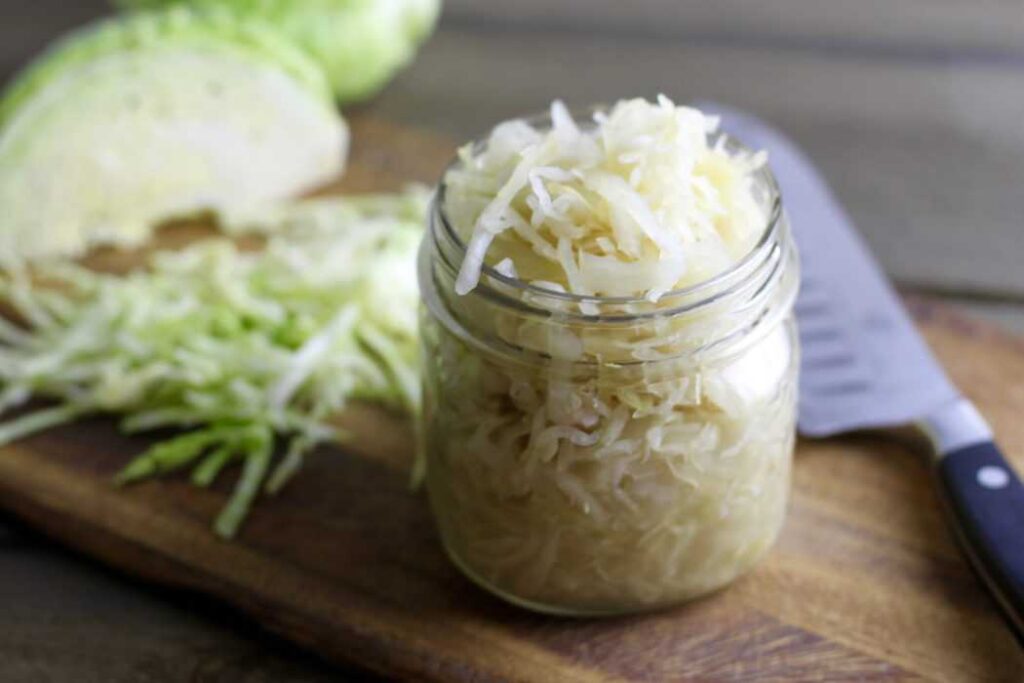
Sauerkraut also contains bacteria that's probiotic in nature. This bacteria improves your digestion and relieves you from constipation. It also boosts your immunity and helps in the digestion of lactose. Research has revealed that just two tablespoons of homemade sauerkraut contains the same amount of bacteria that probiotic supplements also have.
12. Clear soups

Clear soups are known to be highly nutritious and easy to digest. They’re good for adding moisture to stool that’s dense. This moisture softens the stool and makes it easier to pass.
13. Kiwi
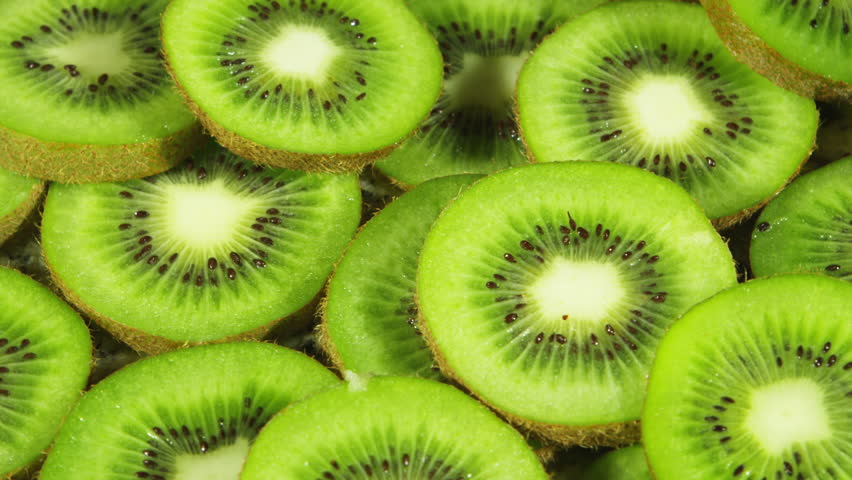
Kiwis are rich in an enzyme called actinidine. The enzyme promotes movement in the gastrointestinal tract, particularly in the upper part and other phytochemicals that improve your digestion. 100 grams of kiwi on average contains about two to three grams of fiber. This goes a long way in adding bulk to stool and in speeding up intestinal flow.
14. Wheat bran
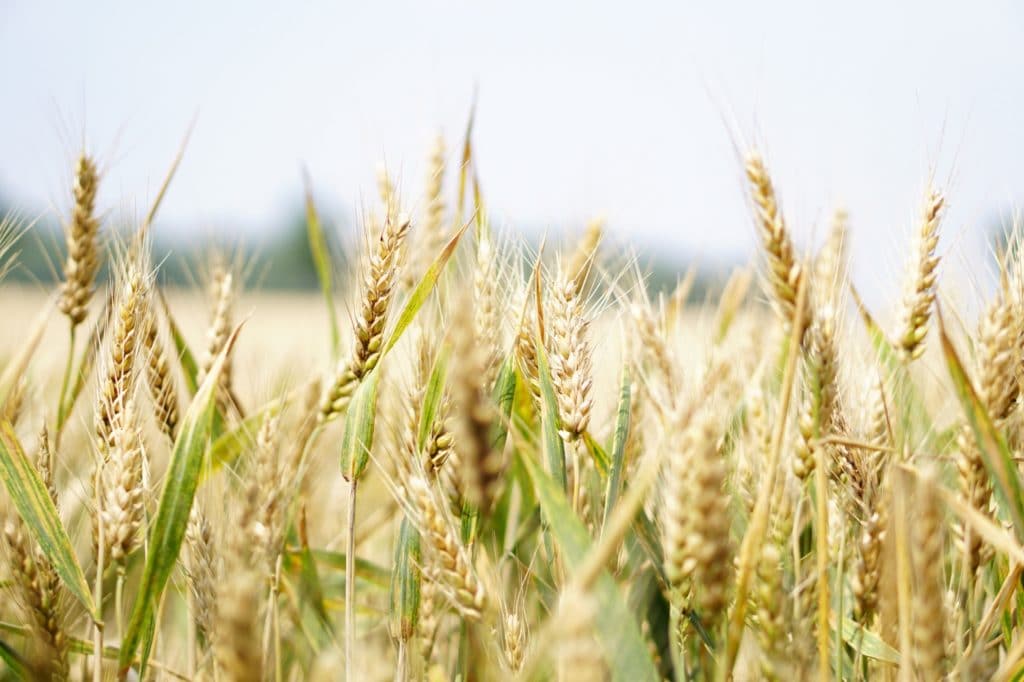
According to a 2020 study when you eat a breakfast cereal that has wheat bran daily for two weeks, you will witness an improved bowel function. You will also experience less constipation and this is particularly helpful in women who previously did not consume that much fiber.  Wheat bran is packed with that much-needed insoluble fiber known to speed up the movement of different materials through or in the intestines.
15. Almonds
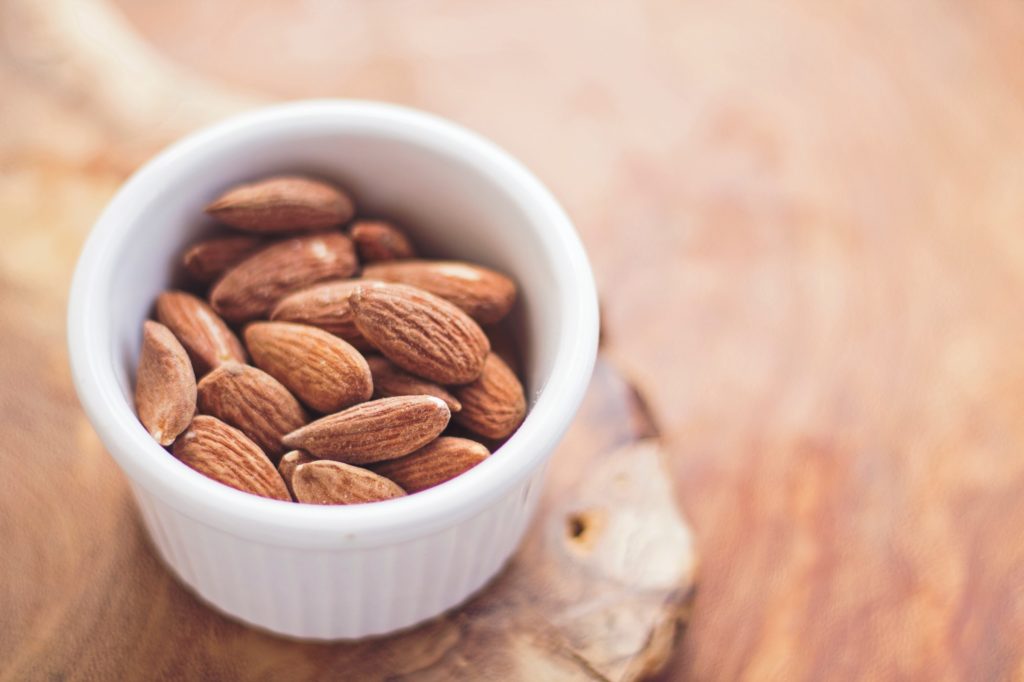
Almonds are packed with healthy fats and other nutrients that are essential for the healthy functioning of the body. Among those nutrients is soluble fiber. You, however need to observe moderation when it comes to eating almonds. Make it a point to eat not more than a handful of unsalted almonds every day.
16. Broccoli
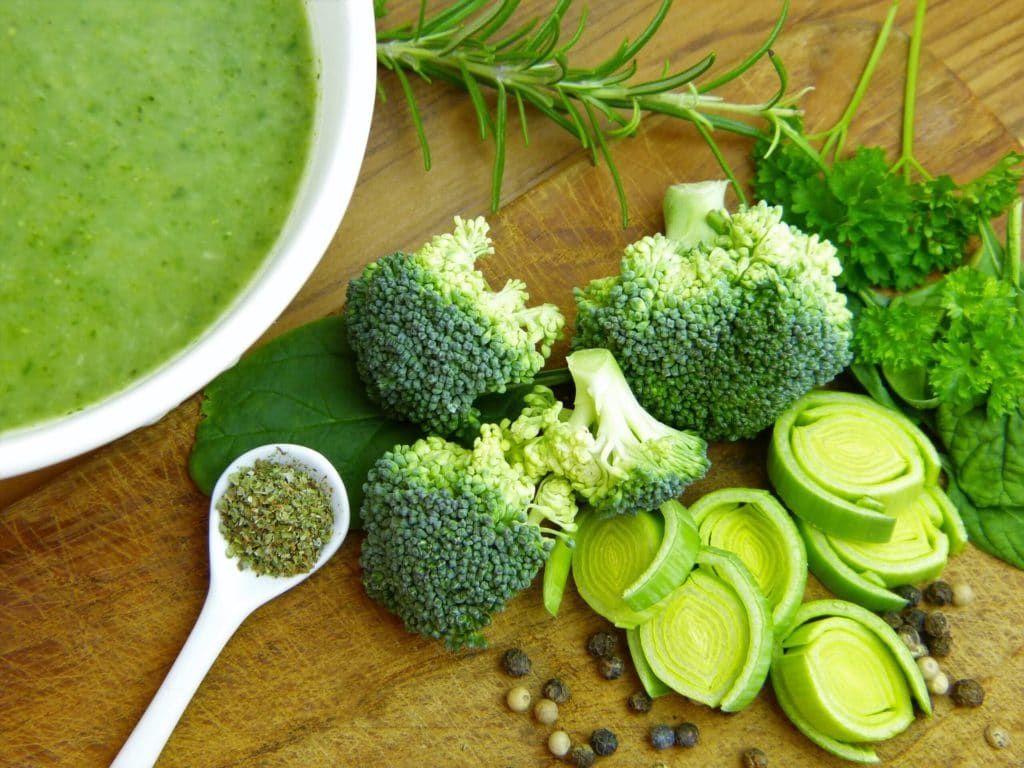
When you fail to eat a sufficient amount of vegetables, you end up constipating more. However, keep in mind that not all vegetables help in digestion. That said, broccoli contains close to 10% of the recommended dietary fiber you need to consume every day in a cup. It therefore ensures you have healthy digestion.
17. Black beans
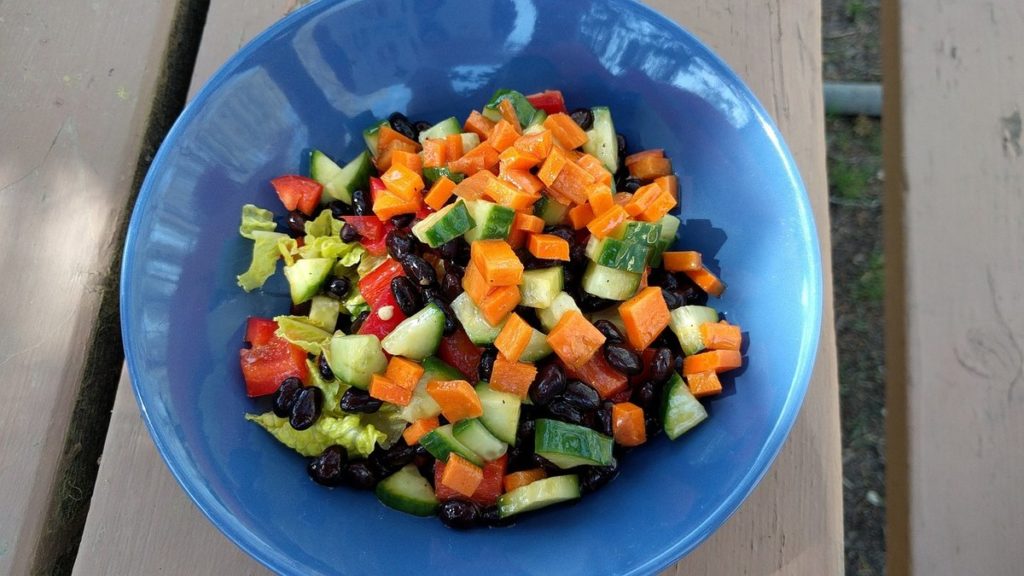
Black beans are known to be healthy and eating them ensures you are providing your body with over 15 grams of useful soluble fiber. This goes a long way in facilitating the easy movement of food and other materials through your bowels. In addition to that, black beans are a rich source of easy-to-digest protein.
18. Ground Flaxseed
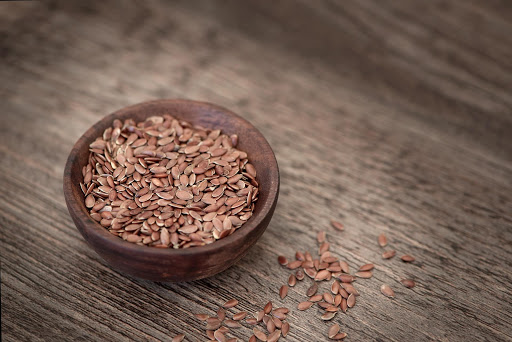
Eating ground flaxseed will help your body get some much-needed fiber since flaxseed is packed with it. Just a tablespoon of flaxseed contains three grams of this soluble fiber. The best thing about flaxseed is that you can consume it in a number of ways since you can add flaxseed to different meals or smoothies. You, therefore, have different options that will help you reap all of flaxseed's health benefits.
19. Oatmeal
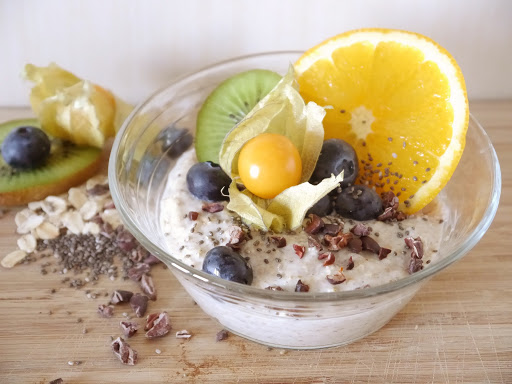
Oatmeal is the most popular food to eat for breakfast, perhaps after eggs. It’s a great breakfast choice if you happen to suffer from digestion issues such as constipation. Oatmeal eases the process of digestion and to a great extent, it helps in keeping your cholesterol levels in check. It’s also a heart-healthy food.
20. Prunes
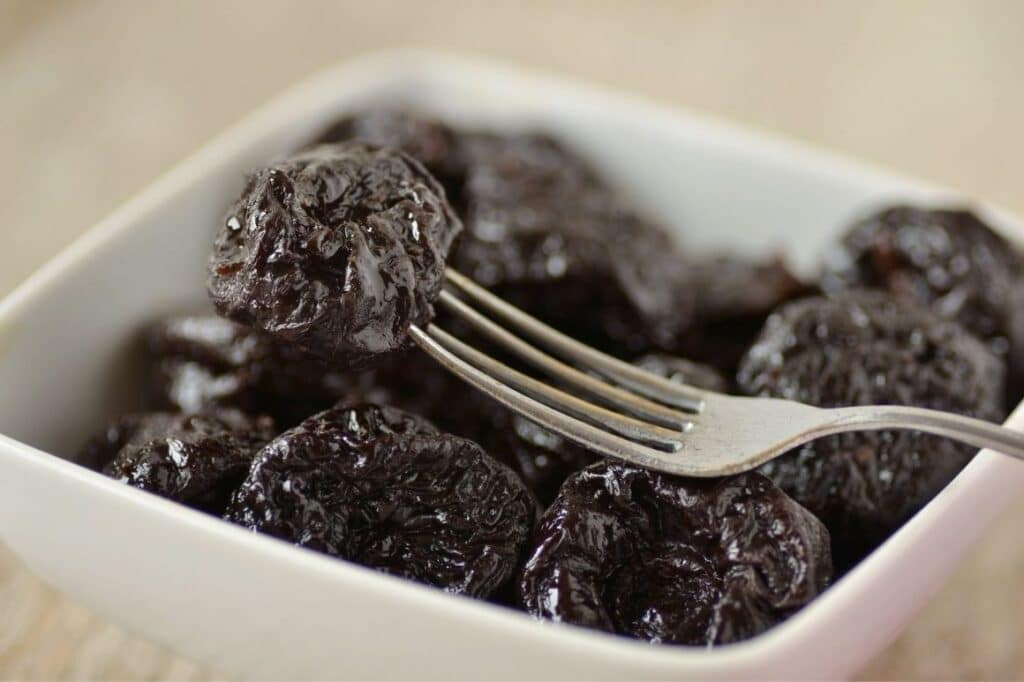
Prunes make it to the list of the biggest sources of dihydrophenylisatin. They act like natural laxatives that help in the contraction of muscles. Prunes also contain sorbitol that also acts as a laxative. While they’re good for you, you should avoid them if you are sensitive to sugar substitutes.
21. Yogurt and kefir
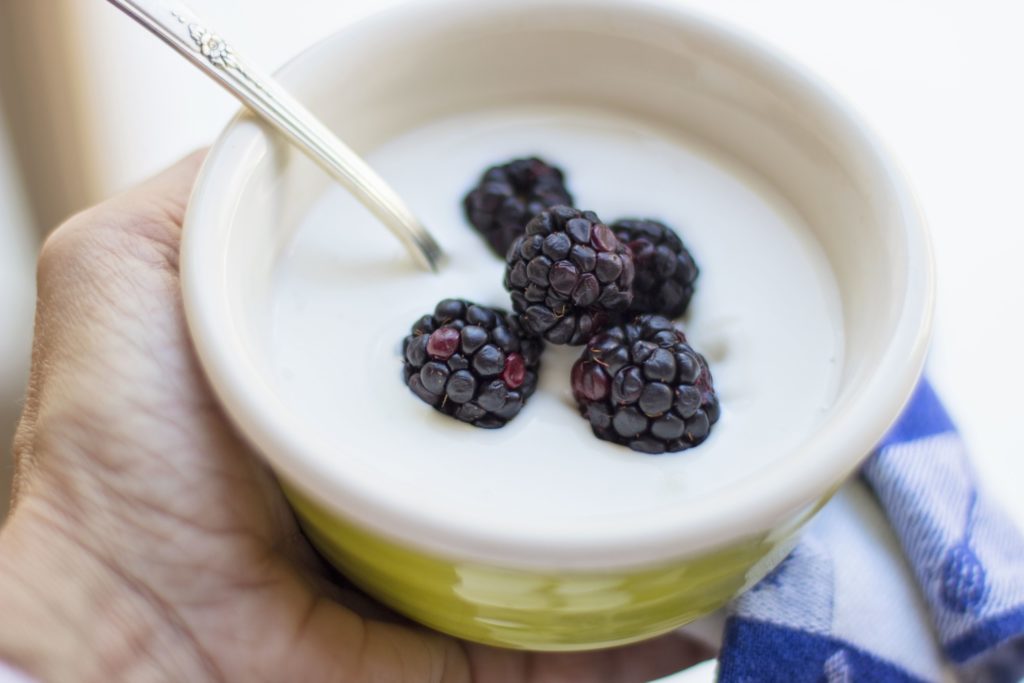
In most cases dairy products worsen constipation symptoms. However, kefir and yogurt does otherwise. Yogurt is rich in probiotics. Probiotics refer to good bacteria that go a long way in keeping your gut system healthy. When you’re buying yogurt and kefir, it’s important to get the sugar-free version. Alternatively, you can make yogurt at home by yourself.
22. Strawberries
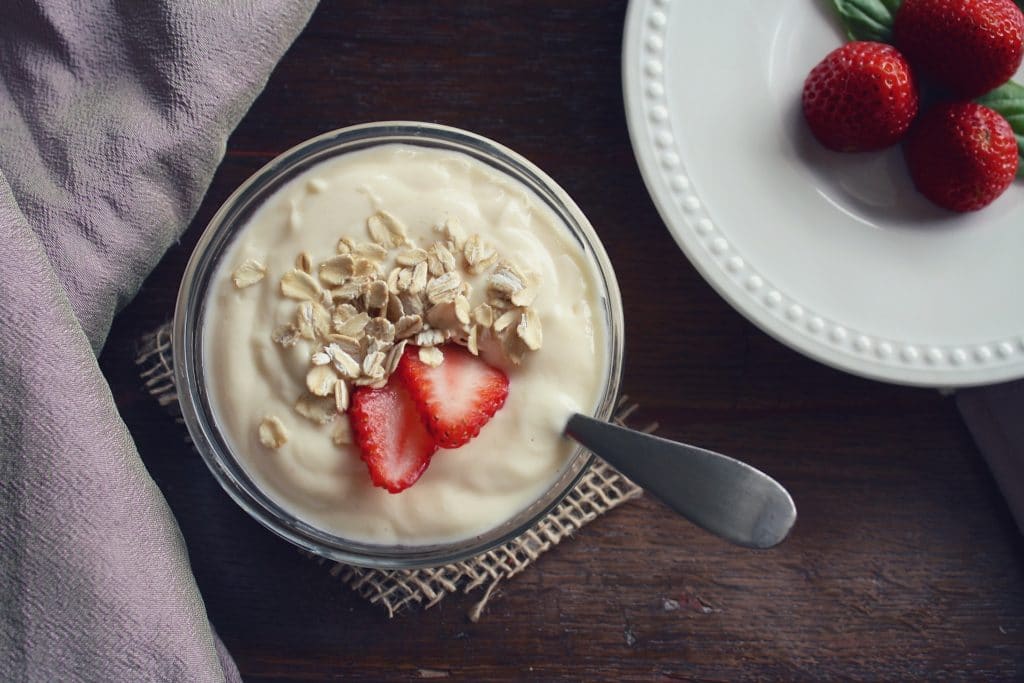
Strawberries, aside from being rich in vitamin C are packed with other immune-boosting properties. Their seeds are rich in soluble fiber and because of this, strawberries relieve constipation naturally. When you eat a handful of strawberries every day, you’ll be able to have the movements in your bowels regularly.




